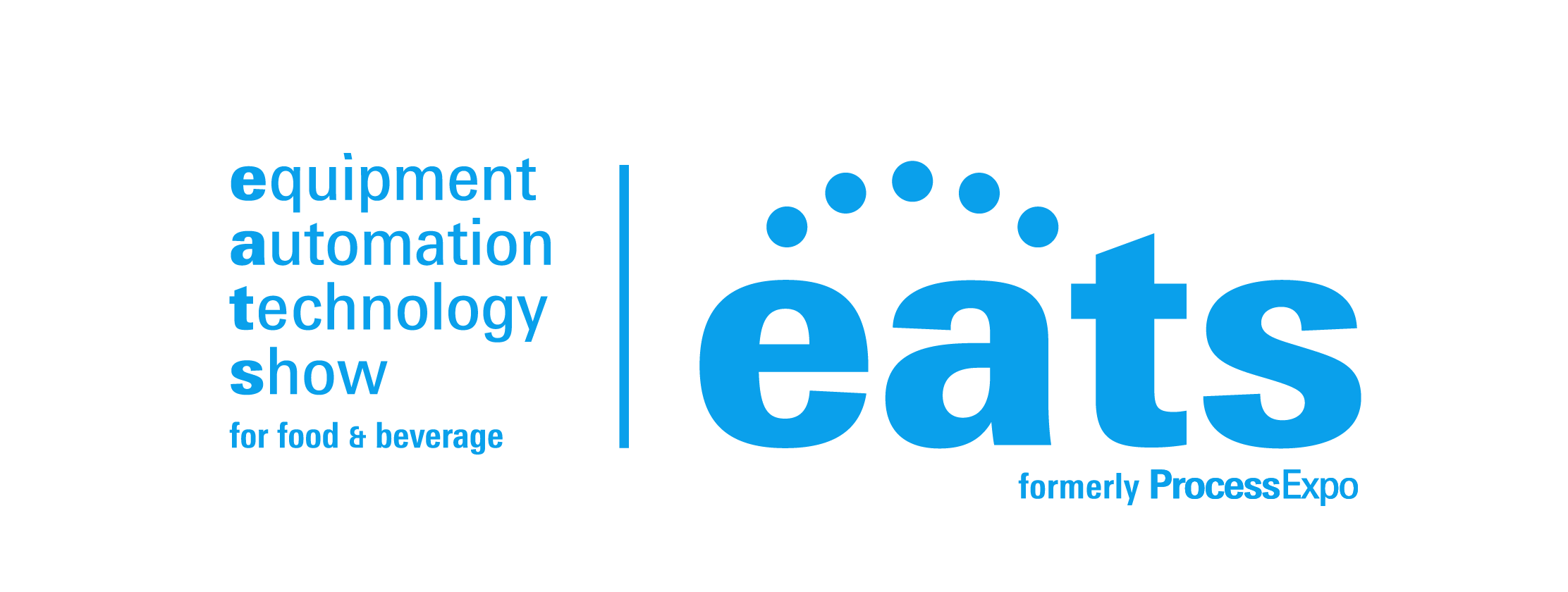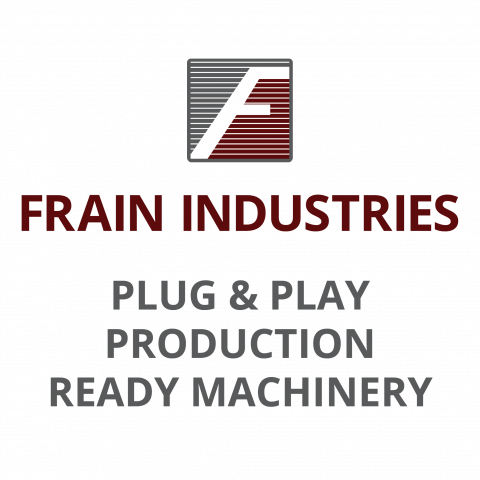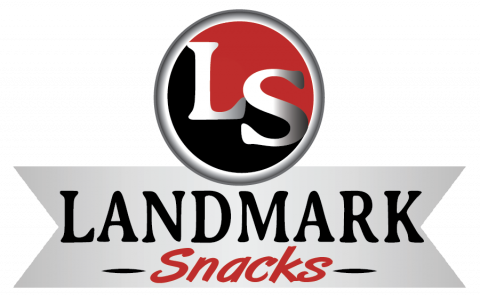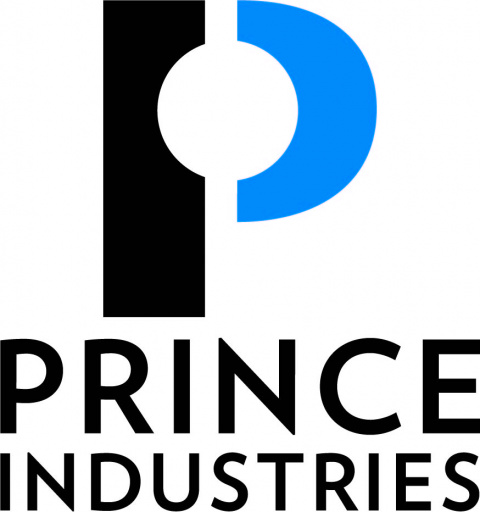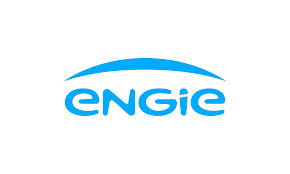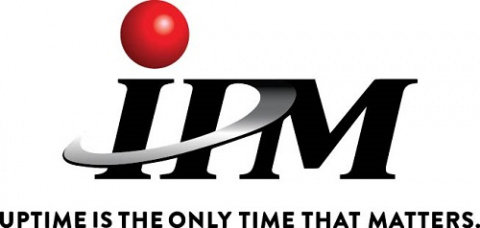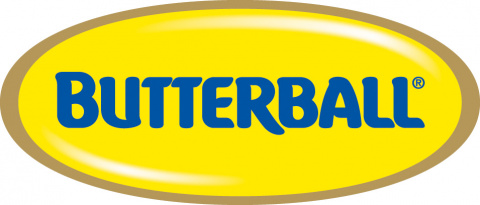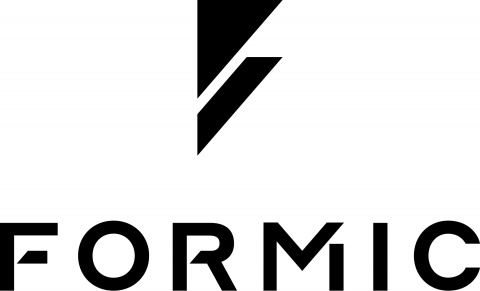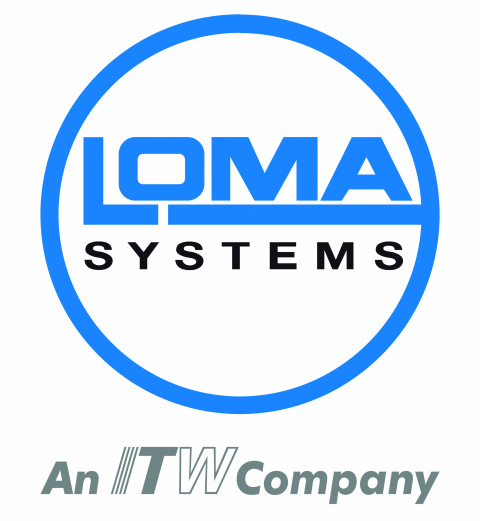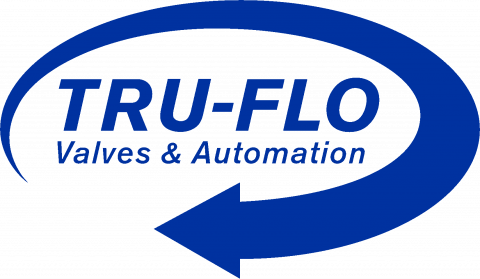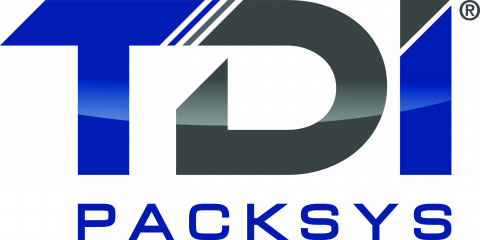
I read a great piece in the most recent issue of Food Engineering today. In his Editor’s Note, Casey Laughman introduces the latest issue as FE’s first “Innovation Issue”. While just an introduction to the rest of the magazine and the innovations they are spotlighting, Casey correctly points out that while the COVID pandemic has presented us with many challenges, this did not stop the innovation going on in production. In fact, in some cases I think it even spurred it on to new levels.
During all the years I’ve worked at FPSA, it’s always been clear that food processors need increased automation to boost production while also boosting efficiency. Margins being ever tighter, manufacturers would lean on their suppliers to take unnecessary expenses out of the production line. Of course, this is not news as this has been going on decades. In fact, one might even argue that this situation stretches back far longer than that, to the first version of the Food Processing Suppliers Association in the 1880’s, that united manufacturers of equipment for the canned fruits and vegetable industry, in search of a venue where they could exhibit the latest technological innovations to the marketplace.
Fast forward back to today and you see innovations in ways that deliver power and efficiency in ways that we couldn’t even imagine a few short years ago. For example, in the latest issue of Food Manufacturing, Ray Grady of Conexium points out that in the wake of COVID, manufacturers realize if they want to keep their supply chain running as smoothly as possible, increased automation is the only way. On top of that, our access to and understanding of data has evolved in leaps and bounds over the past few years, giving manufacturers more tools to plan and predict production and maintenance. And yet, the food and beverage sector for the most part has been slow to fully embrace the potential of Industry 4.0. Why?
I came across a piece in New Food Magazine by Keith Thornhill of Siemens Digital Industries that provided a good answer to this. While it is slightly outdated, being from 2019 which now seems like a lifetime ago, I think his perspective was spot on and as such, I’ll share it here without editing.
The reasons for such resistance are understandable. Fear of disruption to what is considered an already highly optimised process is one of the main objections. The lack of a guaranteed and quick ROI is another, as is a concern that staff will not be skilled enough to maximise the investment in technology. Moreover, when you initiate discussion about monitoring equipment and the possibility of linking them together via a remote interface to capture ‘big data’, concerns about cybersecurity often arise. Furthermore, given that products go directly into the human food chain, the prevention of tampering – physical or digital – is paramount. By embracing more digitalised production methods, some manufacturers also fear they will lose ‘brand heritage’ or abandon traditions.
However, in my experience, once a food manufacturer invests in some initial equipment monitoring tools, which immediately starts to calculate where productivity gains can be made, where energy costs can be cut, and how you can reduce the amount of downtime through more predictive maintenance, then the potential of digitalisation becomes clearer and more appealing.
I remember those days very clearly. I remember asking, what is it going to take for these food and beverage manufacturers to see the value of taking this next step?
And here we are now, with those same companies still managing to put food on our tables and stock our shelves at the supermarket. Obviously, many of these companies have made their first foray into Industry 4.0 in the two years since Keith wrote those words. I look forward to the benefits they will derive from this technology both as a professional in this industry and as a consumer who like to eat!
For food manufacturers looking for the latest innovations to provide a competitive advantage, you’ll find those at this year’s PROCESS EXPO (November 2-5 in Chicago’s McCormick Place). Not only with those solutions be present throughout the show floor but there will be educational panels of food and beverage experts on Industry 4.0 and live Production Line demonstrations with actual product that will also highlight the power of this technology and how you can take advantage of it in your business.
Registration for this long-awaited show is now open. We look forward to seeing you once again!
Andy Drennan, SVP, Food Processing Suppliers Association

